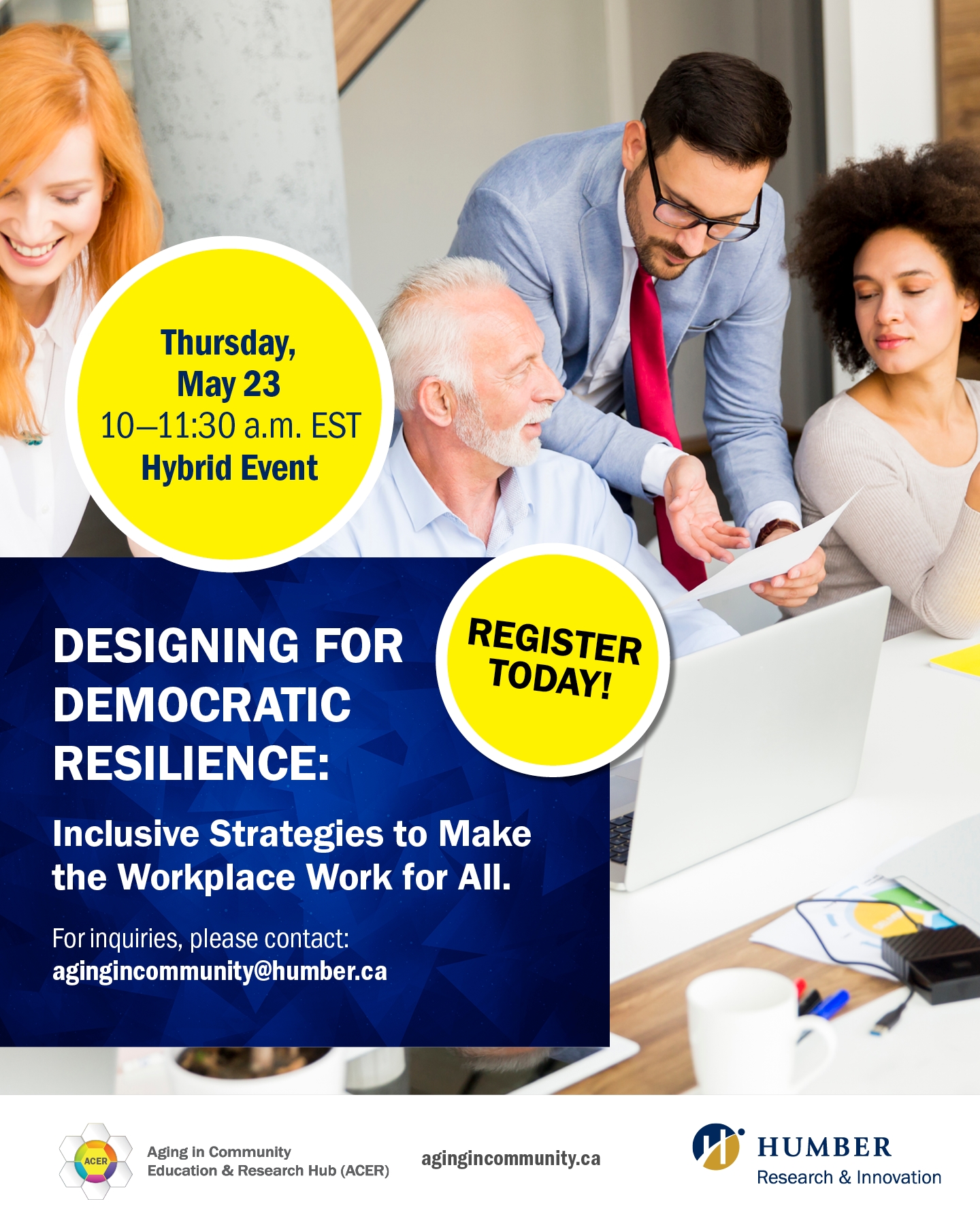Embracing inclusive design is no longer optional—it's imperative in these times of disruptive demographic change. This engaging keynote will unveil the business case for inclusive design in the workplace, emphasizing the integration of diverse age groups and abilities in three pivotal segments: Strategy, Benefits, and Physical Design.
Join us to gain invaluable insights into creating a workplace that truly welcomes and supports everyone, bridging gaps, and building stronger, more cohesive teams. This session is a must-attend for leaders, HR professionals, and anyone committed to fostering inclusivity and diversity within their organization.
Light refreshments will be provided for in-person attendees.
Keynote Speaker
Bradley Schurman is an expert on demographic change and how it disrupts worldwide social, cultural, political, and economic norms. His deep understanding of population shifts, coupled with his grasp of emerging trends, makes him an authoritative voice in the future of us. He's the author of The Super Age: Decoding Our Demographic Destiny (Harper Collins) and the founder and CEO of the demographic strategy firm, Human Change (formerly The Super Age), which helps public and private-sector organizations navigate disruptive population change and improve organizational resilience.
Bradley has written for Newsweek and been quoted by The Wall Street Journal, New York Times, and USAToday. He's appeared on NBC News and CBS News and regularly appears as a guest on podcasts, radio, and television shows around the world. Schurman spent his first two decades working for LeadingAge, a community of nonprofit aging services providers and other mission-driven organizations serving older adults, where he worked on assisted living and continuing care public policy, and AARP, America's leading organization for people aged fifty and older, where he led thought leadership in Asia and Europe and with entities like the Organization for Economic Cooperation and Development and the World Economic Forum. He holds undergraduate and master's degrees from The American University in Washington, D.C.

